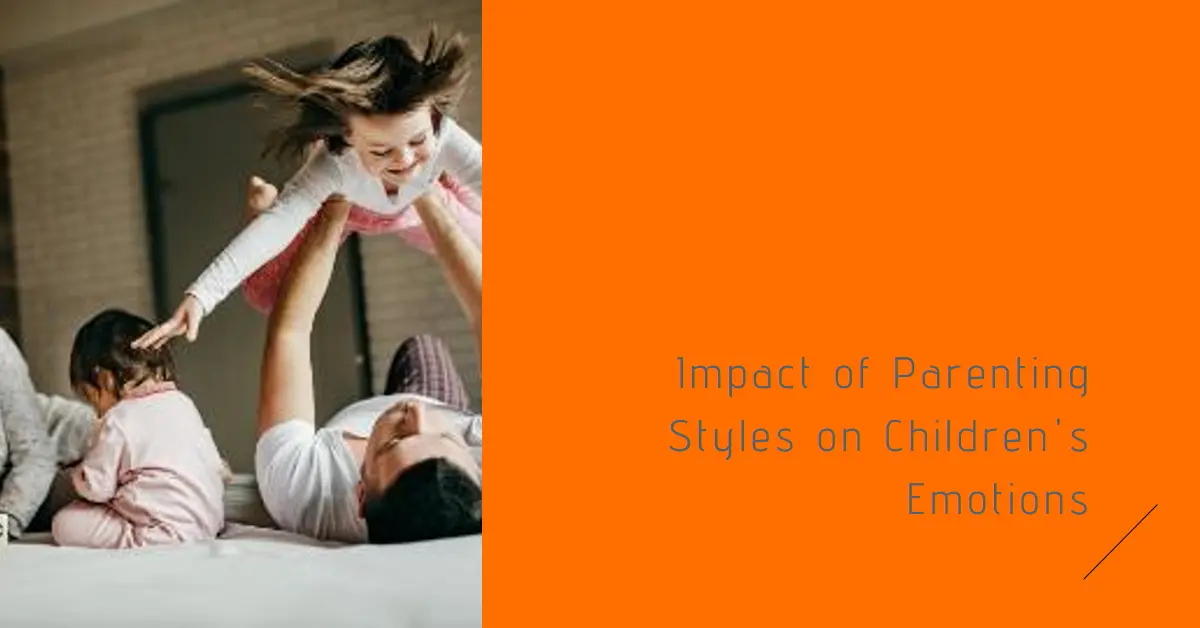How Parenting Styles Can Influence Shame and Guilt in Children
Have you ever felt guilty or ashamed for doing something “bad” and it dictates your life? How do these feelings and thoughts develop and why do they dictate our choices?
Emotional development is an interesting thing that is both a natural occurrence and needs to be nurtured. Biologically, the human brain develops from the bottom up, meaning we develop our emotions before we develop logical thinking. This is why it can be so difficult to explain rules and logic to children. On the emotional level, humans develop a sense of self at around age 2 and a more stable self-concepts at age 3. This is when we begin to discover who we are as individuals, separate from our caregivers yet, we rely on them to shape and influence our development. After all, their main role as parents at this stage in development is to influence children’s self-conscious emotions and prosocial behaviours. This means that we need their feedback about whether our actions were acceptable or not, and thus whether we are accepted and lovable. When our actions were “good” or “bad”, we begin to develop feelings of guilt and shame.
But aren’t guilt and shame the same thing? Although these feelings are related, they are quite different. In simple terms, guilt is when we have done something bad, and shame is when we believe we are bad. For example, a child might feel guilt because they toke another child’s toy and made them cry or, they might think they are a bad person for taking the toy and feel shame. A major factor in the development of either guilt or shame heavily relies on parental behaviour and language, which is dictated by their parenting style.
There are three main parenting styles:
Authoritative – warm, supportive, and establishes structure/limits
Authoritarian – unsupportive, controlling, and punitive
Permissive – warm but lacking structure, boundaries, and consequences
Authoritative parents use language that supports the child’s understanding of prosocial behaviour and differentiate between right and wrong. In this case, the development of guilt helps the child refrain from aggression and other antisocial behaviour. On the other side, authoritarian parents use language that shames the child for their decisions using “bad boy/girl” or “good boy/girl”. Love and acceptance becomes transactional and self-worth is based on the feedback they receive.
You can see how early experiences and lessons in guilt and shame are pivotal in the lives of adolescents and adulthood because they are the foundation that guides our choices. For example, I can either feel that saying no is “bad” which stems from guilt or, I can feel that I am a bad person for saying no which stems from shame. Ultimately, either of these beliefs affect boundary setting and honouring our true self.
So the next time you are wondering why you feel uneasy in a decision or situation that doesn’t necessarily require this feeling, take a moment to reflect on defining if it is guilt or shame, and what early lessons might have influenced this feeling.

